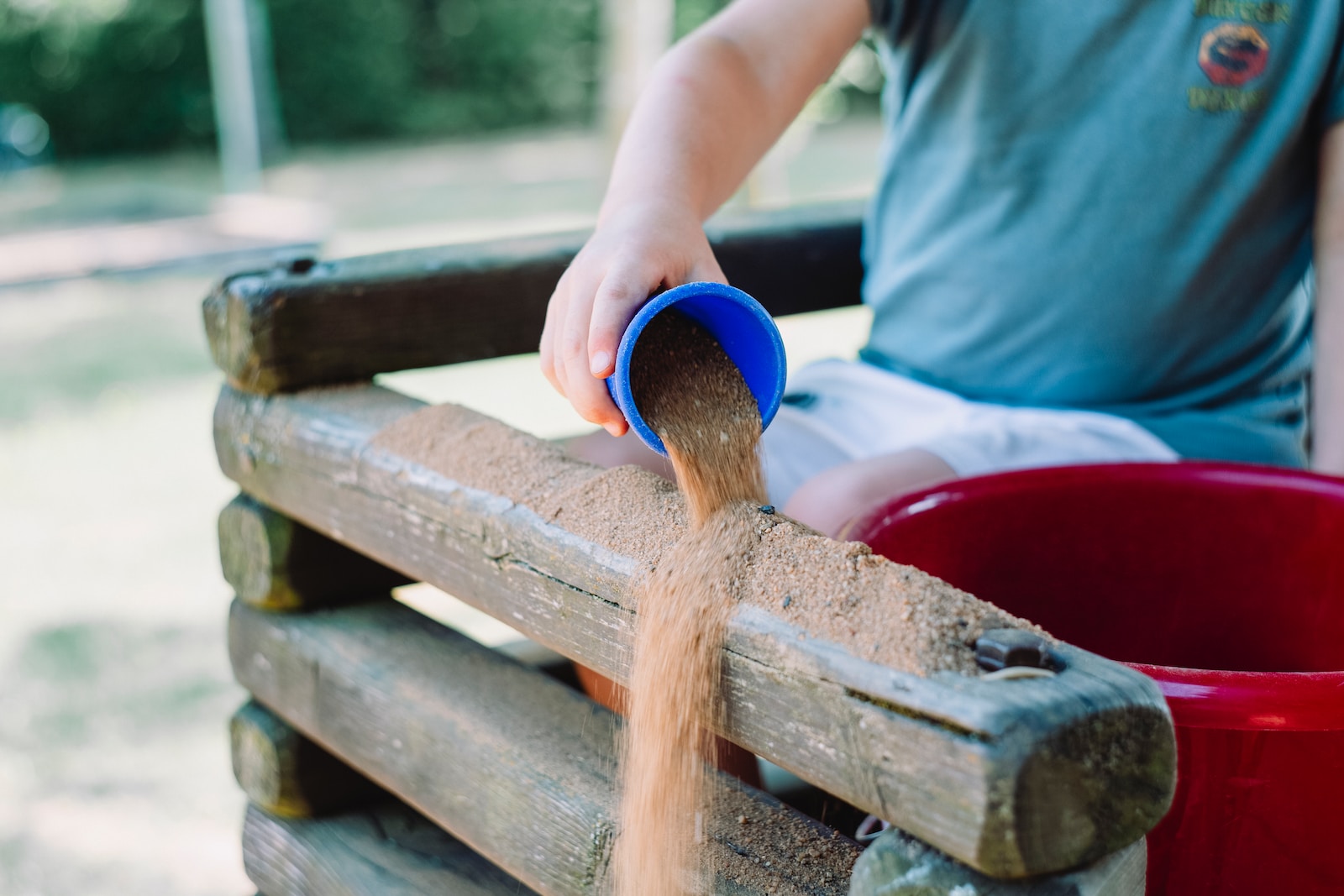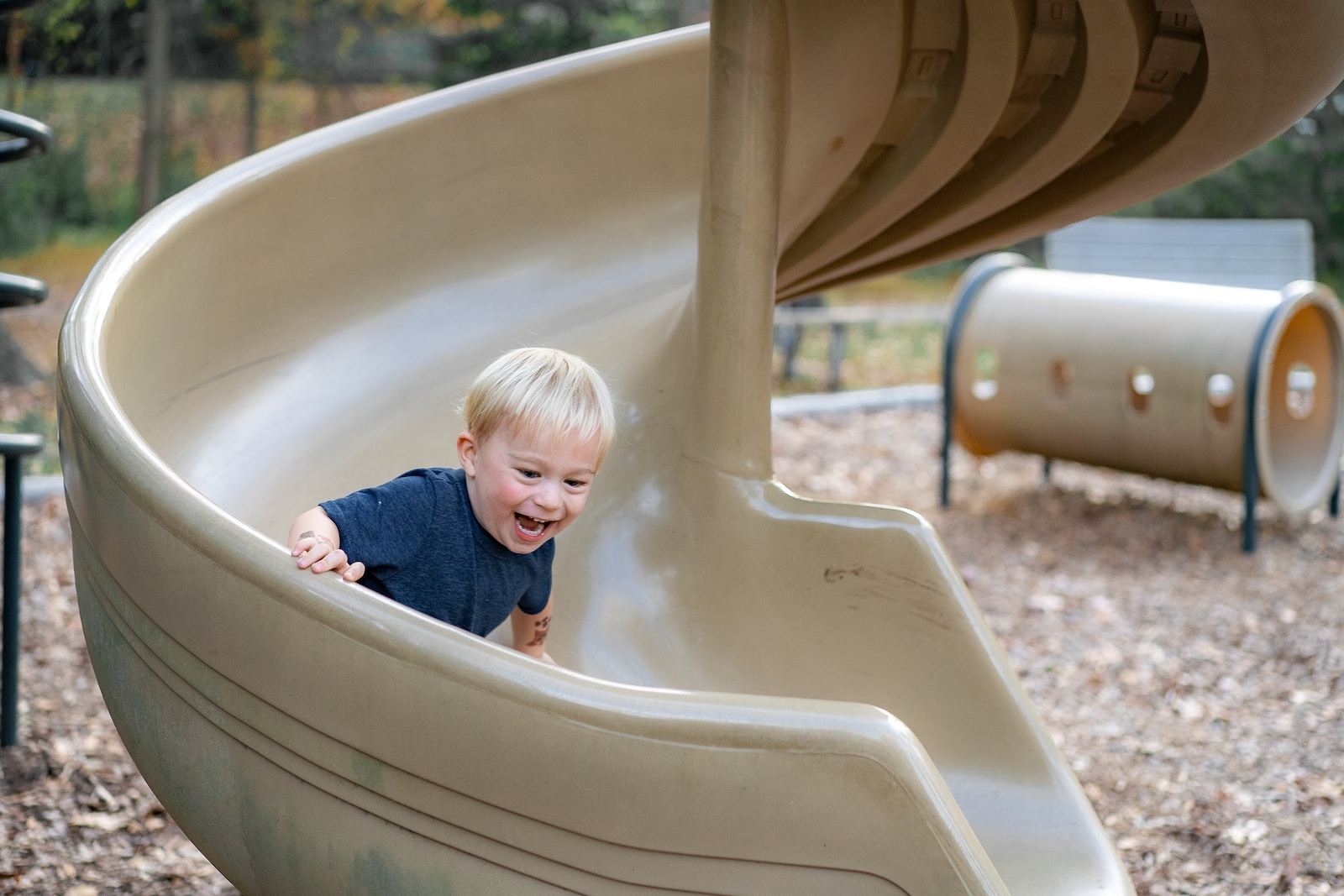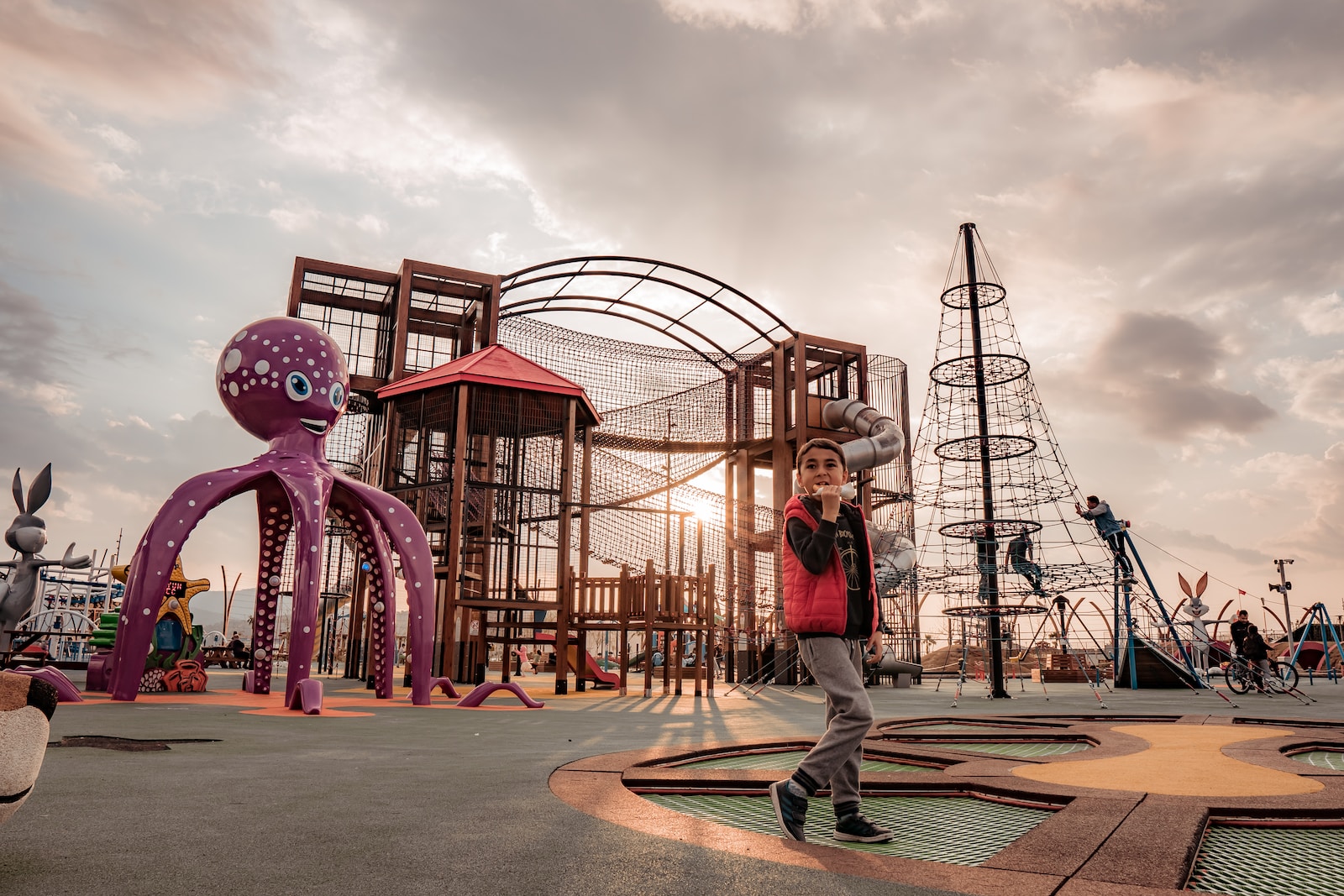Abstract
Engaging in play is acknowledged as an essential tool for making friends, expanding the imagination, assisting in motor development and developing confidence and self-esteem. This research aimed to identify coping strategies children with poor gross motor skills adopt in the playground during their first year at school. A physical education teacher observed the coping strategies of eleven children over nine months in the school playground. Observations were analysed thematically using NVivo. Playing techniques were categorised into the type of play, and behaviours were identified as positive (productive) or negative (non-productive). Coping strategies were coded as Physical, Emotional, Social and Cognitive. Results revealed that children with subpar motor skills were less likely to engage in physical play, avoid physical activity, and engage in solitary or role-playing. This study underscores the urgent need for further research to better understand and support children with poor motor skills.
Journal: Education 3-13
Year: 2025



